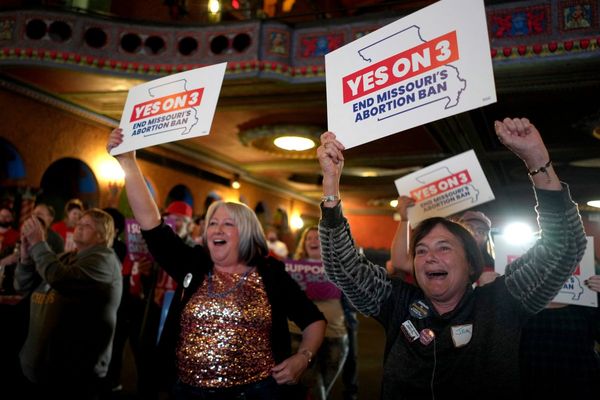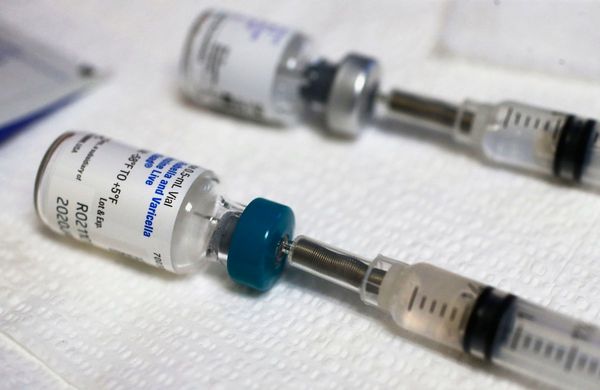
A South Korean triathlon coach and an athlete have been banned for life over their involvement in the abuse scandal that culminated in Choi Suk-hyeon, a young female triathlete, committing suicide last month.
Choi, 22, jumped to her death at her dormitory in the southern city of Busan after complaining of abuse she suffered while with the semi-pro club Gyeongju City Hall, forcing the country to reckon once again with its brutally competitive sporting culture.
Coach Kim Kyu-bong and team captain Jang Yun-jung, who won a silver medal at the 2018 Asian Games, were handed the heaviest punishment under the Korea Triathlon Federation’s disciplinary provisions. Another athlete involved in the case was banned for 10 years.

Kim and the athletes denied their involvement when they were called to testify at the National Assembly on Monday. Choi’s former teammates told a different story, testifying that athletes endured a living “hell” and were habitually beaten and verbally abused.
One of Choi’s former teammates, who did not give her name and wore a mask to conceal her identity, told a news conference before the hearing the team was “a kingdom built only for the coach and certain members”.
“The coach and the captain habitually beat and verbally abused Suk-hyeon and us,” she added.
In one instance, the coach forced them to eat 200,000 won (US$167) worth of bread and then vomit as punishment for drinking soft drink and gaining weight, she said.
Another teammate described life in the athletes’ dormitory as the “abyss of hell” but said she believed this was simply part of being an athlete.
The federation has no means to punish the team’s “doctor” Ahn Joo-hyeon – who was in fact not a doctor but an unlicensed physiotherapist – as he was not officially part of the team. Ahn was not paid by the team and was instead brought in during training camps through his association with Jang. His whereabouts are unknown.
Choi’s death has led to a moment of national soul-searching and a demand for answers, particularly since it was discovered she filed complaints with the police, national sports bodies and a human rights watchdog.
Sports vice-minister Choi Yoon-hee told the National Assembly meeting an investigation into the lack of action was launched last week.
“We will thoroughly investigate,” the vice-minister said. “We’ll sternly punish those [responsible for Choi’s death].”

A separate legal investigation has also been launched by state prosecutors following the intervention of President Moon Jae-in, with the possibility of prison sentences for those convicted.
The abusive treatment of athletes has been exposed as a deeply rooted problem in South Korea, where team members often leave school at an early age to live in dormitories under the overarching authority of coaches. The “win-at-all-costs” also leads to brutal training regimes and an intensely hierarchical relationship between coaches and younger athletes.
Speed skater Shim Suk-hee, who won two Olympic gold medals, went public in 2018 with her allegations of physical, mental and sexual abuse. Both the Korean Sport and Olympic Committee and the Korea Skating Union issued public apologies at the time, vowing to implement reforms.
On Monday, the Korea Joongang newspaper said in an editorial the country’s sports system “condoned harsh discipline and abuse, prioritising good results” but also that “this performance-first and collusive nature in the sports arena has neglected human rights”.
Additional reporting by Reuters, Associated Press







